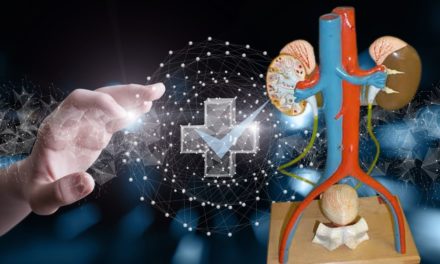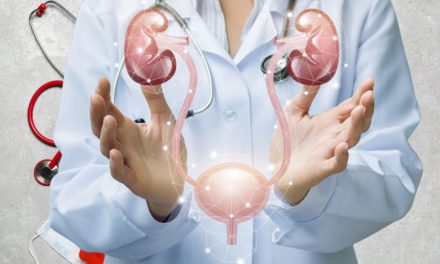Introduction
Kidney stones, crystal deposits that form inside the kidney, can cause severe pain and discomfort. Effective management of kidney stone disease requires understanding the causes, recognizing the symptoms, and being aware of the available treatment options. In this comprehensive article, we will explore the world of kidney stones, exploring their causes, symptoms, effects on individuals, and available treatments. By promoting awareness and understanding, we aim to provide valuable insight into kidney stone disease and empower individuals to manage the condition, thereby improving kidney health and overall wellness. happens.
Dissolving kidney stones
Kidney stones, also known as renal calculi, are solid deposits that can form in the kidneys when certain minerals and salts crystallize.
Common causes
Kidney stones can form due to a variety of factors, including:
- Dehydration and insufficient fluid intake
- Certain minerals in the urine, such as calcium, oxalate, and uric acid
- Certain medical conditions, such as hyperparathyroidism and urinary tract infections
Identifying symptoms
Common symptoms of kidney stones may include:
- Severe back or side pain, often radiating to the lower abdomen and back.
- Frequent urge to urinate
- Blood in the urine
- Cloudy or foul-smelling urine
- Nausea and vomiting
Effects on individuals
Kidney stones can be caused by:
- Severe pain and discomfort
- Obstruction of the urinary tract, leading to possible infection and kidney damage.
- Emotional distress due to recurrent episodes
Treatment and management
- Hydration: Drinking plenty of water helps prevent kidney stone formation by diluting the minerals in the urine.
- Pain Relief: Over the counter pain relievers may provide temporary relief from pain and discomfort.
- Medical intervention: Large stones may require medical intervention, such as extracorporeal shock wave lithotripsy (ESWL) or surgical removal.
Precautions
Prevention of kidney stones includes:
- Stay hydrated by drinking adequate water throughout the day
- Eating a balanced diet that is low in salt and animal protein.
- Moderate consumption of oxalate-rich foods (eg, spinach, chocolate)
Seek professional help
If you experience symptoms of kidney stones, consult a healthcare provider for proper diagnosis, personalized treatment plans, and advice on how to manage the condition.
Result
Kidney stones, though painful, can be treated effectively with proper care and treatment. By understanding their causes, recognizing the symptoms, and adopting prevention strategies, individuals can navigate kidney stone disease with resilience and determination. Through practical treatments, lifestyle adjustments, and timely medical attention, individuals can experience improved kidney health, reduced discomfort, and better overall health. Let’s unite to raise awareness, advocate for appropriate care, and champion a world where everyone can effectively manage kidney stone disease by promoting optimal kidney health and kidney function. Live a life free from the challenges of kidney stones.










